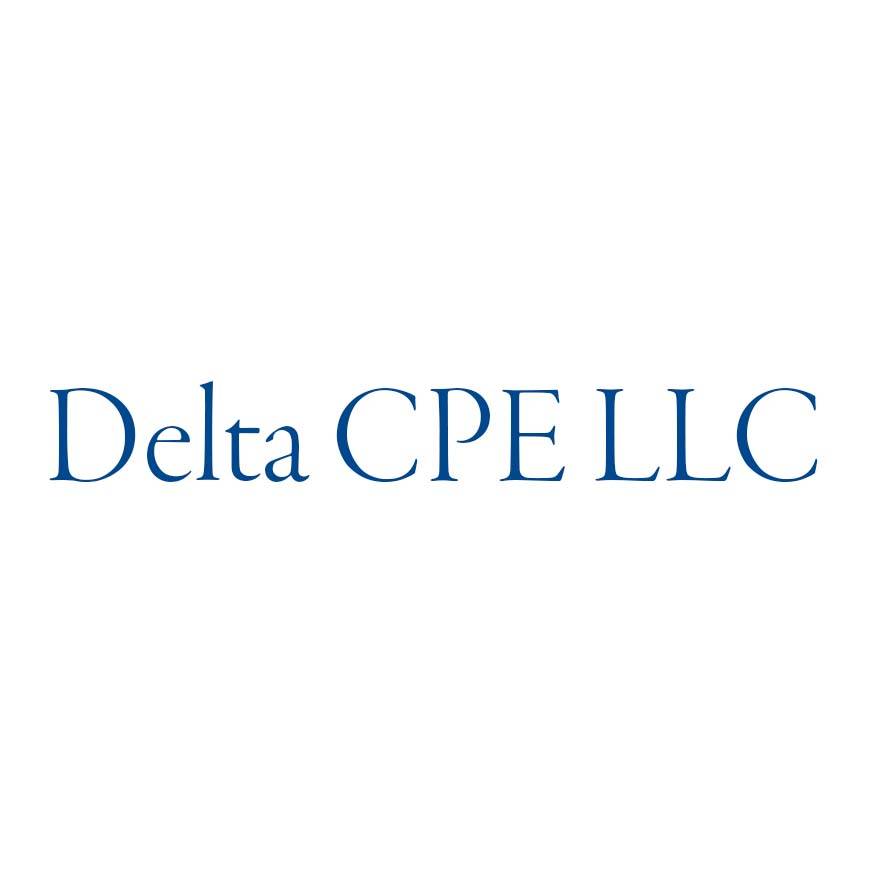

$203.00 – $233.00
Webcasts are available for viewing Monday – Saturday, 8am – 8pm ET.
Without FlexCast, you must start with enough time to finish. (1 Hr/Credit)
Accounting for Management: Concepts and Tools
Format
Self-Study
Course Level
Basic
CPE Credits
7 Credits: Accounting
Course Description
A primer on the basic theoretical concepts and the practical procedures of financial record keeping and reporting, and the use of financial and cost data in managerial decision making. It provides an understanding and working knowledge of the fundamentals of financial and managerial accounting that can be put to practical application in day-to-day jobs of managers. It also concentrates on providing a working vocabulary for communication. Topics include accounting principles and reporting trends, accounting conventions and systems, interpretation and analysis of financial statements; cash flow statement; break-even analysis; activity-based costing (ABC); responsibility accounting; budget for profit planning; short-term and long-term investment decision making. A list of computer software for accounting, ABC, and budgeting is presented.
Accounting for Management is a basic survey course specifically designed for managers and business owners. Each accounting subject is presented in a clear and concise manner that enables a beginning learner to grasp and understand the topic under discussion. This course provides students with their first practical exposure to such accounting topics as fundamental accounting concepts and tools, financial statements, and managerial use of accounting information. The goals of the course are threefold:
- It provides an understanding and working knowledge of the fundamentals of financial and managerial accounting that can be put to practical application in day-to-day jobs of managers.
- It also concentrates on providing a working vocabulary for communication.
- It uses the solved problems approach, with emphasis on the practical application of accounting concepts, tools, and methodology.
Learning Objectives
Upon successful completion of this course, participants will be able to:
Chapter 1
- Recognize the primary statements used and the key areas of accounting.
- Recognize major accounting rule-making organizations.
- Identify the global focus in financial reporting.
- Identify the basic accounting principles.
- Identify the different types of business entities.
Chapter 2
- Recognize the primary purpose and use of different accounting financial statements.
- Identify the format of the income statement.
Chapter 3
- Recognize the double-entry system and the accounting equation.
- Recognize the system of debits and credits.
- Identify different depreciation methods and calculate depreciation rates.
Chapter 4
- Recognize the benefits of financial statement analysis, and how key ratios are applied.
- Distinguish among trend analysis, vertical analysis, and horizontal analysis.
- Recognize various ratios used in financial analysis.
Chapter 5
- Recognize the benefits of and applications of management accounting and different management systems.
- Identify how to classify different costs in management accounting.
Chapter 6
- Recognize basic assumptions and uses of different cost systems.
Chapter 7
- Identify the benefits of developing a cost-volume-profit analysis.
- Compute the sales necessary to break even or to achieve a target income.
- Perform a variety of ‘what-if’ analyses using the contribution approach.
Chapter 8
- Identify the different budgets used in an organization and their purpose.
- Recognize characteristics of a standard costing system and different cost variances.
Chapter 9
- Identify the uses and attributes of a contribution margin approach.
- Recognize and compute return on investment (ROI) by means of the Du Pont formula.
- Identify how ROI and Residual Income (RI) measures affect the division’s investment decision.
Chapter 10
- Identify the costs that are relevant for different financial decisions.
- Recognize factors used in making a short-term profit maximization decision.
Chapter 11
- Identify different attributes and ratios used in capital budgeting decisions.
- Calculate the payback period for capital expenditures.
Course Specifics
1203504
September 7, 2022
There are no prerequisites
None
198
Compliance Information
CMA Notice: Western CPE makes every attempt to maintain our CMA CPE library, to ensure a course meets your continuing education requirements please visit Insitute of Management Accountants (IMA)
CFP Notice: Not all courses that qualify for CFP® credit are registered by Western CPE. If a course does not have a CFP registration number in the compliance section, the continuing education will need to be individually reported with the CFP Board. For more information on the reporting process, required documentation, processing fee, etc., contact the CFP Board. CFP Professionals must take each course in it’s entirety, the CFP Board DOES NOT accept partial credits for courses.
Meet The Experts

For many years, Delta CPE LLC has offered a wide variety of continuing education courses for financial professionals. Topics covered by Delta’s courses include accounting, financial management, budgeting, investments, financial statement reporting, business management, IFRS, ethics, valuations, real estate, and business writing. The diversity and breadth of Delta’s course offerings make the company a prolific and unique contributor to the CPE world. Delta’s well-credentialed authors and contributors have also been published in numerous academic and professional journals and quoted by some of the leading financial media outlets.
Related Courses
-
 Accounting
Accounting
Accountants’ Guidebook
Steven M. Bragg, CPA QAS Self-Study
Credits: 30 $600.00
QAS Self-Study
Credits: 30 $600.00$600.00 – $640.00
-
 Accounting
Accounting
GAAP Guidebook
Steven M. Bragg, CPA QAS Self-Study
Credits: 29 $580.00
QAS Self-Study
Credits: 29 $580.00$580.00 – $620.00
-
 Accounting
Accounting
Accounting Fraud: Recent Cases
Joseph Helstrom, CPA QAS Self-Study
Credits: 1 $29.00
QAS Self-Study
Credits: 1 $29.00$29.00 – $49.00
